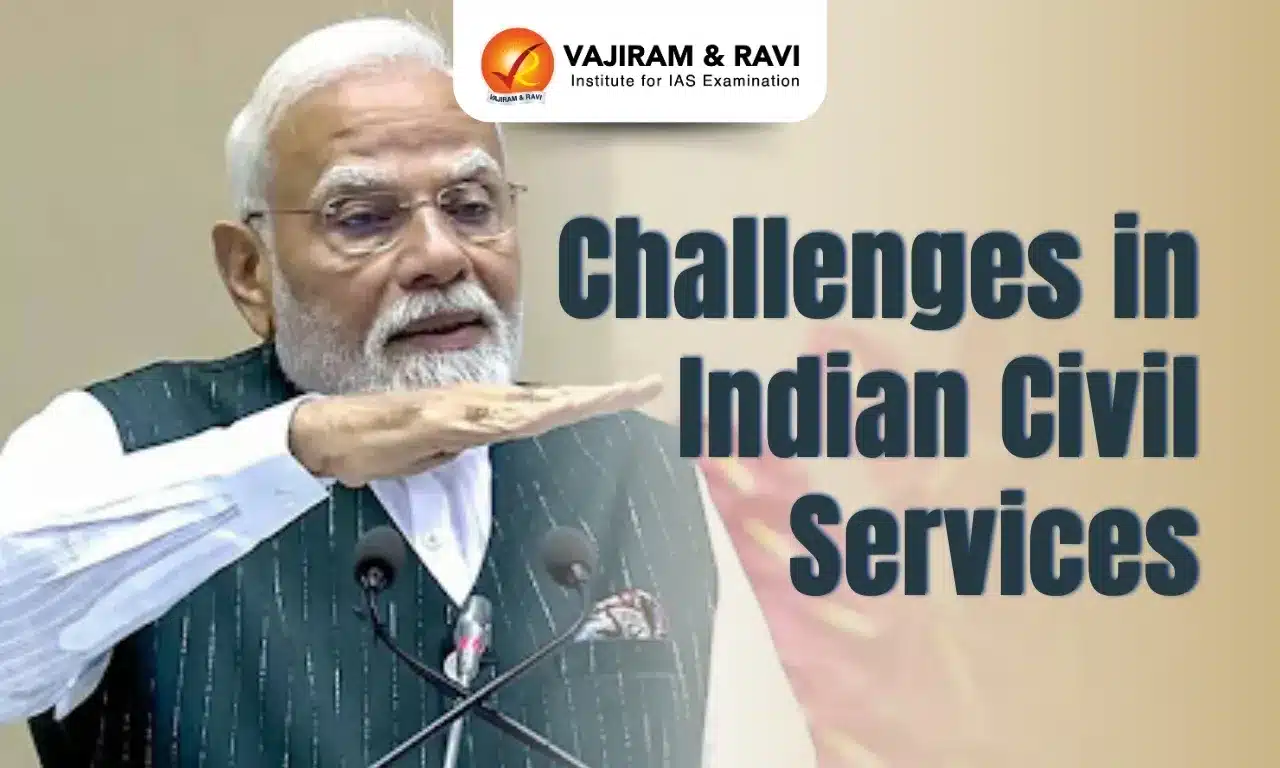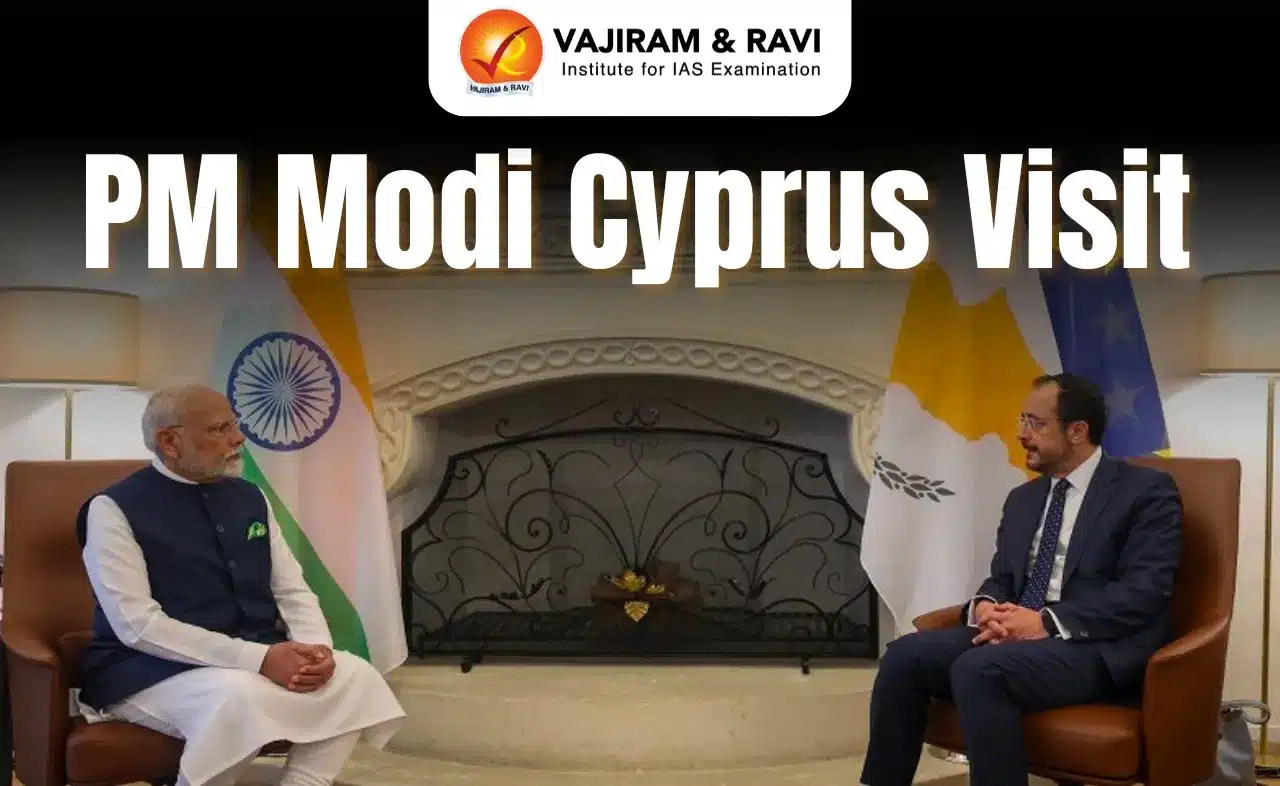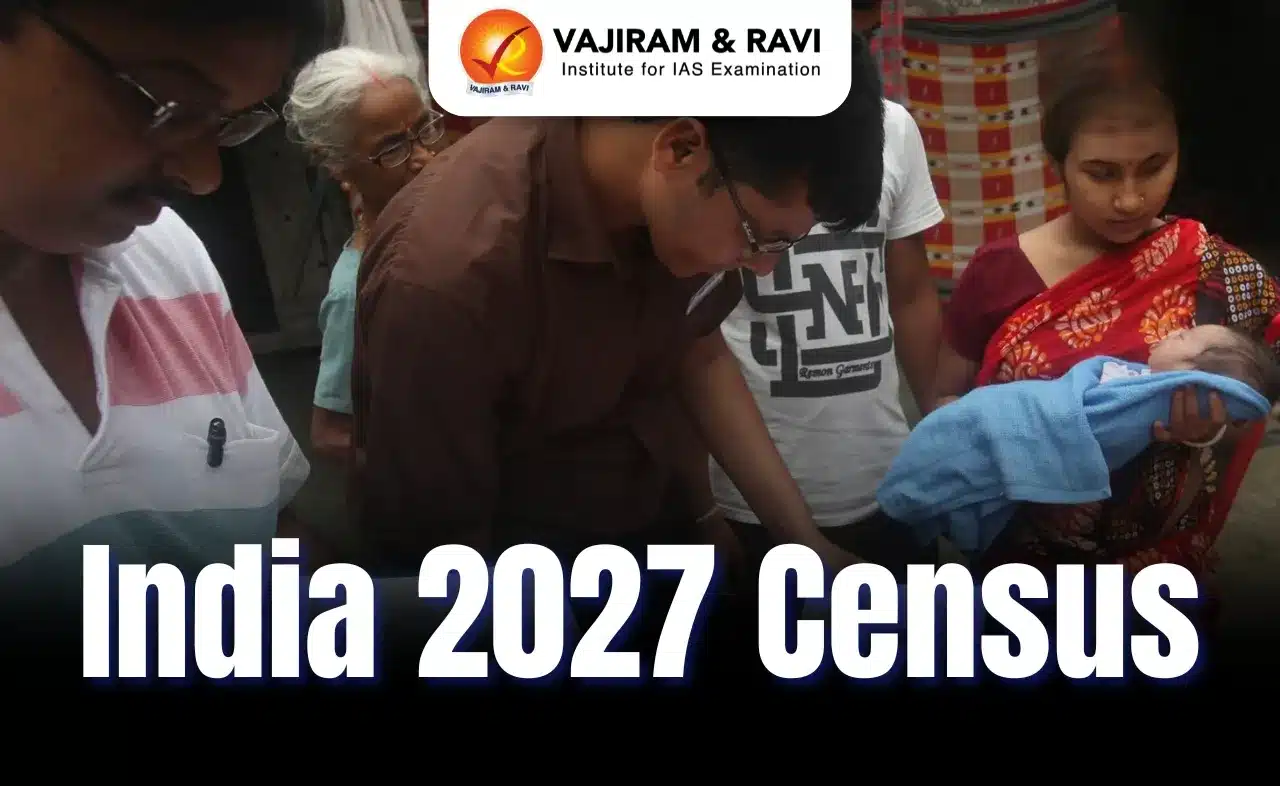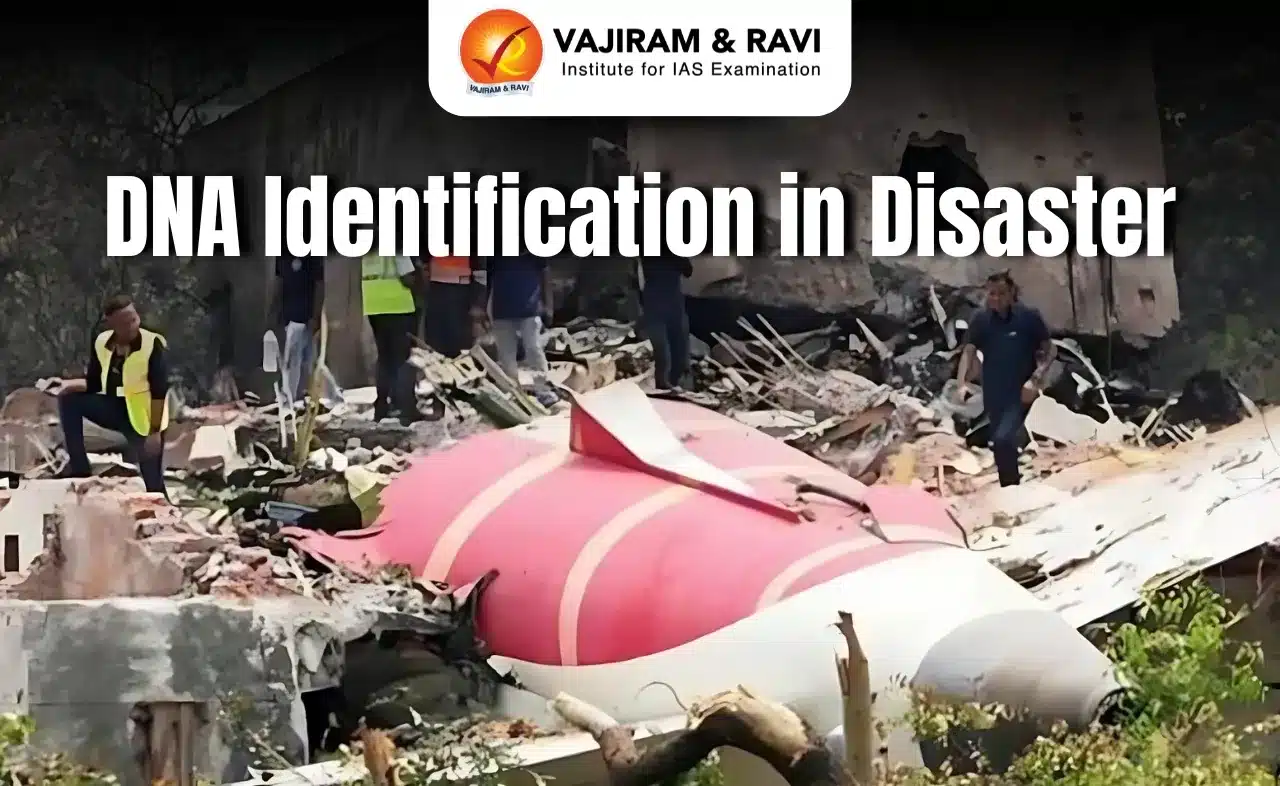What’s in Today’s Article?
- Civil Services in India Latest News
- Introduction
- Evolution and Role of Civil Services in India
- Structural Framework and the Merit vs. Spoils System
- Major Challenges Facing Indian Civil Services
- Reforms for a Future-Ready Civil Service
- Conclusion
- Civil Services Reform FAQs
Civil Services in India Latest News
- On the occasion of Civil Services Day (April 21), Cabinet Secretary T. V. Somanathan IAS, spoke about the importance of civil services in maintaining and strengthening democracy.
Introduction
- On Civil Services Day 2025, Cabinet Secretary T. V. Somanathan highlighted the indispensable role of civil services in upholding Indian democracy.
- While praising their contributions to governance, elections, and development administration, he also acknowledged the deep-rooted challenges that impede their efficiency and credibility.
- In the context of evolving governance needs, civil services in India stand at a critical juncture where reform is not just desirable, but imperative.
Evolution and Role of Civil Services in India
- Civil services in India date back to 1858, when the British established the Indian Civil Service based on a merit system to manage administrative functions.
- Post-independence, this role was taken over by the Union Public Service Commission (UPSC), which has since remained the cornerstone of merit-based recruitment.
- Civil servants have consistently been central to:
- Conducting free and fair elections.
- Ensuring continuity of governance during President’s Rule in states.
- Advising political executives in policy formulation.
- Implementing welfare schemes and disaster relief efforts.
- Managing day-to-day administrative functions such as public service delivery and regulation enforcement.
- They serve as the institutional memory of governance and act as the fulcrum of state functionality.
Structural Framework and the Merit vs. Spoils System
- India follows a merit-based system, which entails rigorous selection through competitive examinations conducted by independent agencies like UPSC.
- In contrast, the spoils system, historically practiced in the U.S., involved appointments based on political allegiance and was largely dismantled by 1883.
- Despite India’s formal reliance on merit, creeping political interference threatens to convert the Indian system into a partial spoils framework, especially in appointments, transfers, and tenures.
Major Challenges Facing Indian Civil Services
- Erosion of Neutrality:
- A foundational trait of civil services, neutrality is fast declining. Bureaucrats are increasingly seen aligning with political interests, which compromises the integrity and impartiality expected of them.
- Political Interference:
- Frequent and arbitrary transfers, especially of upright officers, discourage independent functioning. Administrative decisions are often influenced by political calculations rather than public interest.
- Generalist Bias and Lack of Domain Expertise:
- The generalist model of the Indian bureaucracy, where officers rotate across sectors, limits their capacity to address increasingly technical and specialized challenges. This results in sub-optimal policy design and implementation.
- Endemic Corruption:
- Corruption exists at multiple levels of the bureaucracy. Despite the existence of vigilance mechanisms, many cases go unpunished, eroding public trust in civil servants.
Reforms for a Future-Ready Civil Service
- Insulation from Political Pressure:
- To ensure the rule of law and constitutional governance, civil servants must be granted a reasonable degree of autonomy in postings, tenures, and transfers.
- Shift from Procedures to Outcomes:
- Currently, bureaucratic performance is judged by inputs (expenditure) or outputs (activities). There is a need to transition to outcome-based monitoring to align public service with actual societal impact.
- Lateral Entry of Domain Experts:
- Introducing professionals from outside the service at senior levels can bring fresh perspectives and technical proficiency. This complements the institutional knowledge of career bureaucrats and enhances governance quality.
- Strengthening Accountability and Transparency:
- Internal performance audits, independent vigilance mechanisms, and a digital record of administrative decisions can strengthen accountability within the system.
Conclusion
- Civil services have been the backbone of India’s democratic and administrative machinery.
- However, the changing landscape of governance, growing public expectations, and the complexity of socio-economic challenges demand structural reforms.
- A balance must be struck between political accountability and bureaucratic independence.
- By shifting towards an outcome-oriented, expertise-driven, and politically insulated civil service, India can strengthen its governance foundations for the future.
Civil Services Reform FAQs
Q1. What is the biggest challenge faced by Indian civil services today?
Ans. Political interference in postings and decisions is a major challenge eroding bureaucratic neutrality.
Q2. Why is lateral entry into civil services being recommended?
Ans. Lateral entry allows subject-matter experts to bring technical skills and new perspectives to policy-making.
Q3. How does the merit system differ from the spoils system?
Ans. The merit system relies on competitive selection and neutrality, while the spoils system favors political loyalty in appointments.
Q4. What reform is needed in bureaucratic performance monitoring?
Ans. A shift from output-based monitoring to outcome-based evaluation is needed for effective governance.
Q5. What role do civil services play during President’s Rule in states?
Ans. Civil servants ensure uninterrupted administration and continuity of governance during such times.
Source: TH
Last updated on June, 2025
→ UPSC Notification 2025 was released on 22nd January 2025.
→ UPSC Prelims Result 2025 is out now for the CSE held on 25 May 2025.
→ UPSC Prelims Question Paper 2025 and Unofficial Prelims Answer Key 2025 are available now.
→ UPSC Calendar 2026 is released on 15th May, 2025.
→ The UPSC Vacancy 2025 were released 1129, out of which 979 were for UPSC CSE and remaining 150 are for UPSC IFoS.
→ UPSC Mains 2025 will be conducted on 22nd August 2025.
→ UPSC Prelims 2026 will be conducted on 24th May, 2026 & UPSC Mains 2026 will be conducted on 21st August 2026.
→ The UPSC Selection Process is of 3 stages-Prelims, Mains and Interview.
→ UPSC Result 2024 is released with latest UPSC Marksheet 2024. Check Now!
→ UPSC Toppers List 2024 is released now. Shakti Dubey is UPSC AIR 1 2024 Topper.
→ Also check Best IAS Coaching in Delhi






















